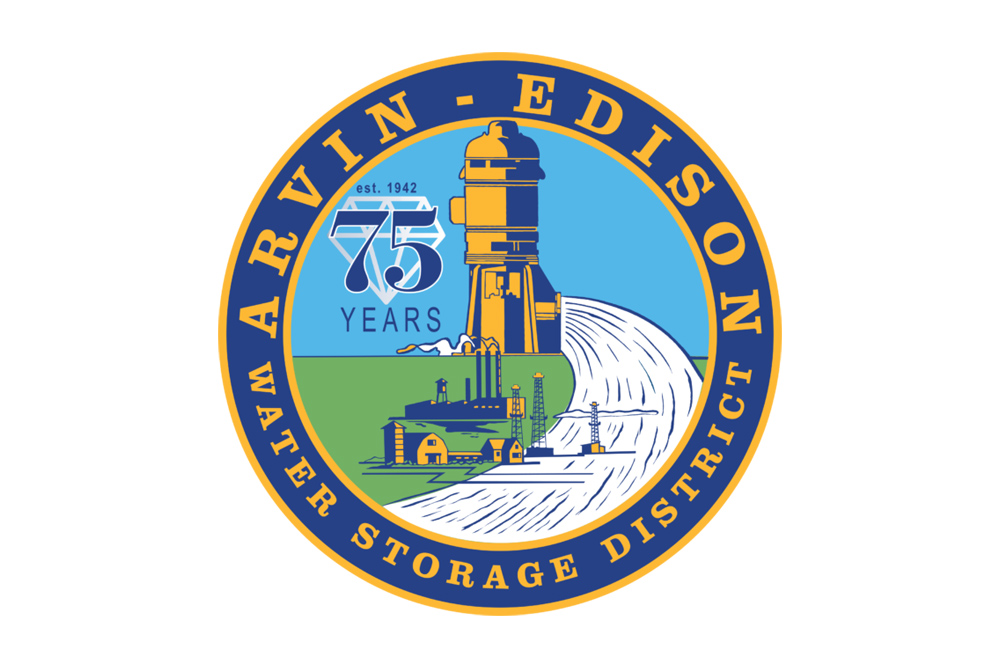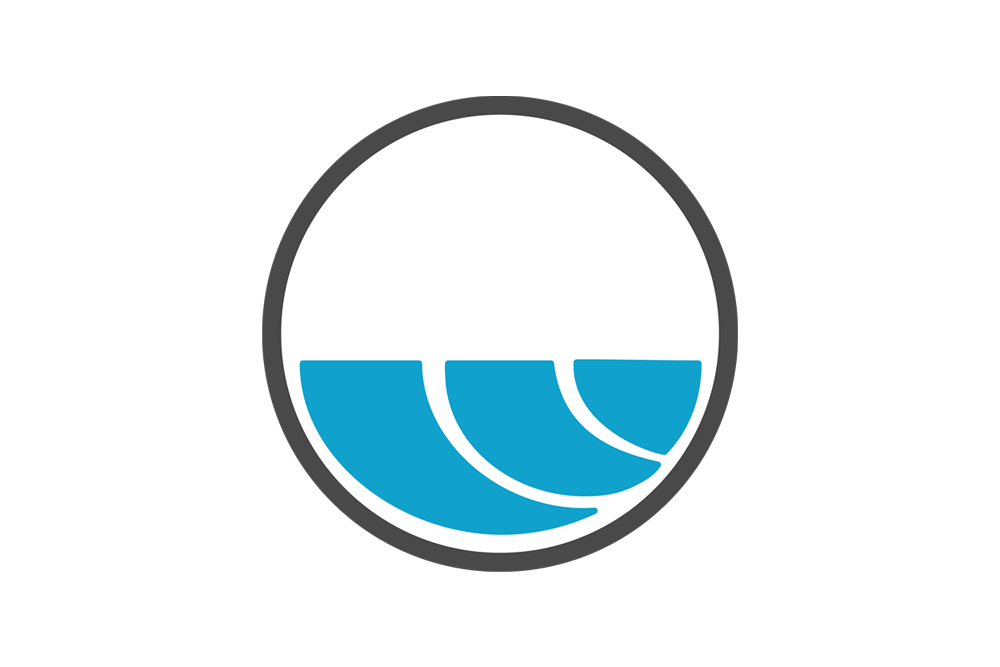 The Tulare Irrigation District held its board of directors meeting on Tuesday, July 13, 2021, remotely on Zoom. The good news was staff has mounted an overhead camera that gives a great view of the boardroom and the proceedings. The no so great news is the picture kept freezing and the audio went in and out, sometimes it sounded like every now and then Dr. Steven Hawkings took over narrating the proceedings. However, I was pleased to see a district continue to offer online meeting options. I’ve always found TID open to innovation.
The Tulare Irrigation District held its board of directors meeting on Tuesday, July 13, 2021, remotely on Zoom. The good news was staff has mounted an overhead camera that gives a great view of the boardroom and the proceedings. The no so great news is the picture kept freezing and the audio went in and out, sometimes it sounded like every now and then Dr. Steven Hawkings took over narrating the proceedings. However, I was pleased to see a district continue to offer online meeting options. I’ve always found TID open to innovation.
While things were warming up there was some discussion about a Zoom meeting in Porterville that got hijacked. I couldn’t hear the details but it sounded wild what I could get. After trouble with TID’s meeting I called in and joined audio after they started. At first it was just the usual hold music, smooth jazz ear pudding but soon the audio was opened. Director Rick Borges wasn’t attending and I didn’t hear why.
The Meeting
Chairman David Bixler started things at 9:00am and General Manager Aaron Fukuda asked the meeting to be dedicated to the memory of Visalia engineer and Valley water icon Richard Schafer. God bless him. Under public comment Director Mike Thomas commented on how Imperial ID has lost board members who actually farm. That happened to a district east of Lodi. Housing refugees from the Bay Area formed a slate and took over a board. The result was very damaging as one of the new directors had sued the district costing several hundreds of thousands of dollars.
asked the meeting to be dedicated to the memory of Visalia engineer and Valley water icon Richard Schafer. God bless him. Under public comment Director Mike Thomas commented on how Imperial ID has lost board members who actually farm. That happened to a district east of Lodi. Housing refugees from the Bay Area formed a slate and took over a board. The result was very damaging as one of the new directors had sued the district costing several hundreds of thousands of dollars.
Water Report
Water Master Marco Crenshaw didn’t have a report full of good news, as was expected. It doesn’t look like there is any inflow to Lake Kaweah and storage is down to 45,000 a/f. Channel loss has also been a big problem for the district and most areas in the Valley. I don’t know if I heard correctly but I swear I heard Crenshaw say there was an 80 percent channel loss from Kaweah Dam to TID boundaries. He also said this is the driest year on record for the Kaweah River.
Fukuda reported illegal diversions in the Delta are forcing releases from Lake Shasta that is reducing the cold water pool and that is harming export pumping. He said this is a State Board issue. Unfortunately much of the suspicion is on Delta farmers. Restricted pumping reduces Exchange Contractor supplies in San Luis Reservoir. If too much of this happens the US Bureau of Reclamation will trigger a call on the 20 percent of Friant Division’s Class II allocations from the San Joaquin River. He said conditions are actually drier now than in 2014 when Friant got zero allocations so there is some improvement.
Superintendent Report
TID Superintendent Wayne Fox gave his report saying crews have been fabricating and installing guardrails and decking on the weirs as an improved safety measure. He said it’s been very hot and crews are starting early and getting wrapped up as soon as possible. Fukuda said a local, rural community ran out of water and TID stood by to help. As it turned out the emergency passed before the district needed to respond. He said in emergency situations a semi pulls up with cases of bottled water and it is unloaded by hand. Fukuda said TID has offer to allow the trucks to stage at its yard, use the district’s forklift to unload the cargo and distribute it with district trucks. A much more efficient and faster way. TID remains on standby for further needs.
emergency situations a semi pulls up with cases of bottled water and it is unloaded by hand. Fukuda said TID has offer to allow the trucks to stage at its yard, use the district’s forklift to unload the cargo and distribute it with district trucks. A much more efficient and faster way. TID remains on standby for further needs.
TID has been a pioneer in gathering data on its subsurface soils. Some of the first airborne, towed-array, magnet imaging helicopter flights were conducted over TID. Now the district has its own towed-array system it drags behind a Utility Terrain Vehicle. They found out powerlines and the type of UTV used could impact the efficiency of the surveying. Of course the district needs a trailer to haul all this stuff around. So that’s about $30,000 for UTV and trailer, not including the imaging system. Fukuda said the trailer is secure and holds everything. Before they were using two trailers and still had to return to the shop on occasion for tools and such. Someone said having one trailer will allow them to lock up the goods and provide a workspace for technicians and their computers. He also said it will make it easier for thieves since they only have to still one trailer.
everything. Before they were using two trailers and still had to return to the shop on occasion for tools and such. Someone said having one trailer will allow them to lock up the goods and provide a workspace for technicians and their computers. He also said it will make it easier for thieves since they only have to still one trailer.
Already the surveys have yielded good results in determining what is happening underground – up to 250 feet deep. Now that soil conditions are known, decisions about where to place recharge basins are better informed. Director Dave Martin said in his experience plexiglass makes a poor UTV windshield. He had one on his machine and he said in no time it was so scratched by tree limbs and turned yellow. He said you couldn’t see through it. He recommended a metal screen.
Fukuda said there is a wait time to get delivery of the UTV and the trailer due to pent up demand. He also said the district won’t be renting out the service and won’t be in competition with private businesses. The board approved the expenditure.
Finances
Controller Kathi Artis gave her financial reports. I feel kind of bad sometimes because I don’t report in much detail about financial matters unless there is something unusual. As I’ve stated many times these water entities have real live farmers guarding the hen house. They are known for keeping strict books and I’ve heard arguments about how to save $.75 on a bushing. Artis gives good, solid reports and they are almost always approved. In fact I can’t think of time when her reports weren’t approved.
The surface water estimates are way off this year partly due to fire drying much of the ground causing the water to soak in resulting in less runoff and there wasn’t the hard, prolonged freeze either.
Artis showed a graph comparing returns from the Local Agency Investment Fund, some bank and the Tulare County Fund. The county averaged higher on almost every data point. It wasn’t much but it was better than the other low earnings. This year’s lack of water also reduces supplies available for the district to sell. Fukuda said next year is when the budget will get tight. Ain’t that the way it goes, you got the time but not the money? I like it better when I have the money but not the time. But I’m more used to the first scenario. The board approved the reports and paid its bills.
Unfortunately TID’s assessor Beth Holmes had a family emergency so Fukuda gave the report. He said he wasn’t sure how long Holmes will be out; so our prayers go with her. He said despite the rhymes with myna cootie virus they have been able to collect pretty well. Also there was no engineering report but I didn’t understand why. Hope all is well with Jeremy Barroll, district engineer and all around good guy.
Management Reports
Fukuda said TID has updated its Virus Policy after reviewing the changes with an HR attorney. Some highlights; the offices are open again, sick leave is now sick leave and not virus leave, vaccinations are not mandatory but there could be different restrictions depending on the status. Fukuda told the board not a single TID employee took advantage of the situation and he doesn’t expect any problems. The board concurred and approved the policy change. Fukuda thanked the board for supporting the employees. He said it made a big difference during the time of pandemic.
Fukuda reported Fresno State University developed a report on modeling of irrigation conveyance systems and Bermad came out as the favored metering product. There was also a good mention of Technoflo’s Seametrics meters – full disclosure both companies are WaterWrights.net clients. Good for them.
Groundwater allocations were also discussed. Fukuda said there will be a water accounting framework presented to the Kaweah Subbasin next month. Martin is on the Mid Kaweah GSA and said allocations have not been decided yet. He’s had folks asking about how much is allocated and that isn’t a question he can answer yet. Fukuda said TID growers are fortunate in most years there will be both a surface and groundwater allocation. The groundwater allocation will be based on groundwater levels. Once the framework and allocation amounts are settled the individual GSAs will determine how to allocate within their own boundaries.
One question growers have is – “will allocations be based on farmed acreage or assessed acreage?” Fukuda said there isn’t much assessed acreage that isn’t being farmed, but there are dairies and solar areas that take up acreage. Shops, staging areas, everything is assessed and those folks are being taxed. There will be further considerations on this but Fukuda and the board sounded like they are confident this challenge will be met. Martin said all the growers he’s spoken with understand this is an ongoing process. They understand it’s new territory for everyone.
assessed and those folks are being taxed. There will be further considerations on this but Fukuda and the board sounded like they are confident this challenge will be met. Martin said all the growers he’s spoken with understand this is an ongoing process. They understand it’s new territory for everyone.
The Mid Kaweah GSA has a new chairman, none other than Dave Martin. Martin’s first act was to cancel this afternoon’s MKGSA meeting. The new vice chair is Steve Nelsen. MKGSA has had a triple nested monitoring well offered to add to its well network. Evidently its located on a school in an area underrepresented within the monitoring network. Also Land IQ is now contracted by all three GSAs in the Kaweah Subbasin.
Closed Session
At 10:50am the meeting went into closed session earlier than listed on the agenda to accommodate someone’s schedule. That was fine with me. After about two hours my attention span gets tired of being sat on and I need to get up and walk around. The agenda showed the gamut for closed session matters; personnel, real estate, liability claims and of course litigation. So, that was that for this month’s TID. Again we hope all is well with Ms. Holmes and Director Borges. Go be good to yourselves.
accommodate someone’s schedule. That was fine with me. After about two hours my attention span gets tired of being sat on and I need to get up and walk around. The agenda showed the gamut for closed session matters; personnel, real estate, liability claims and of course litigation. So, that was that for this month’s TID. Again we hope all is well with Ms. Holmes and Director Borges. Go be good to yourselves.
DISCLAIMER OF RESPONSIBILITY; Waterwrights strives to provide clients with the most complete, up-to-date, and accurate information available. Nevertheless, Waterwrights does not serve as a guarantor of the accuracy or completeness of the information provided, and specifically disclaims any and all responsibility for information that is not accurate, up-to-date, or complete. Waterwrights’ clients therefore rely on the accuracy, completeness and timeliness of information from Waterwrights entirely at their own risk. The opinions expressed in this report are those of the author and do not represent any advertisers or third parties.
ALL RIGHTS RESERVED. Copyright 2021 by WaterWrights.net/DAW
TULARE IRRIGATION DISTRICT
6826 Ave 240, Tulare, CA 93274 Office: 559/686-3425
Board: David G. Bixler- President, Richard S. Borges, Jr.-Vice President, Scott Rogers, Dave Martin & Michael Thomas
Staff: Aaron Fukuda-General Manager, Jeremy Barroll-Engineer, Kathi Artis–District Controller, Wayne Fox–Superintendent, Marco Crenshaw–District Watermaster & Alex Peltzer-Attorney.
About: The Tulare Irrigation District was organized September 21, 1889. The original proposal for the formation of an irrigation district covering 219,000 acres, extending from the Sierra Nevada foothills to Tulare Lake, was eventually reduced to 32,500 acres. The District continued in this status until January of 1948 when the so-called Kaweah Lands” (approximately 11,000 acres) were annexed. In October of 1948, approximately 31,000 acres, compromising the area served by the Packwood Canal Company were annexed to the District. A U.S. Bureau of Reclamation contract was signed in 1950 providing an annual supply of 30,000 acre-feet of Class 1 water, and up to 141,000 acre-feet of Class 2 water from the Friant-Kern Canal. The District and the Kaweah Delta Water Conservation District have coordinated efforts to enhance the recharge of groundwater within the Kaweah Basin. During high flow times KDWCD may use the recharge basins with the District for recharge purposes. Further, KDWCD has historically provided for a financial incentive program through which the District sustains the level of groundwater recharge from supply sources into the District. This historical program was recently reinstated by both districts in lieu of the District’s plans to concrete-line this canal to conserve the surface water. TID is a member of the Mid Kaweah GSA.

































